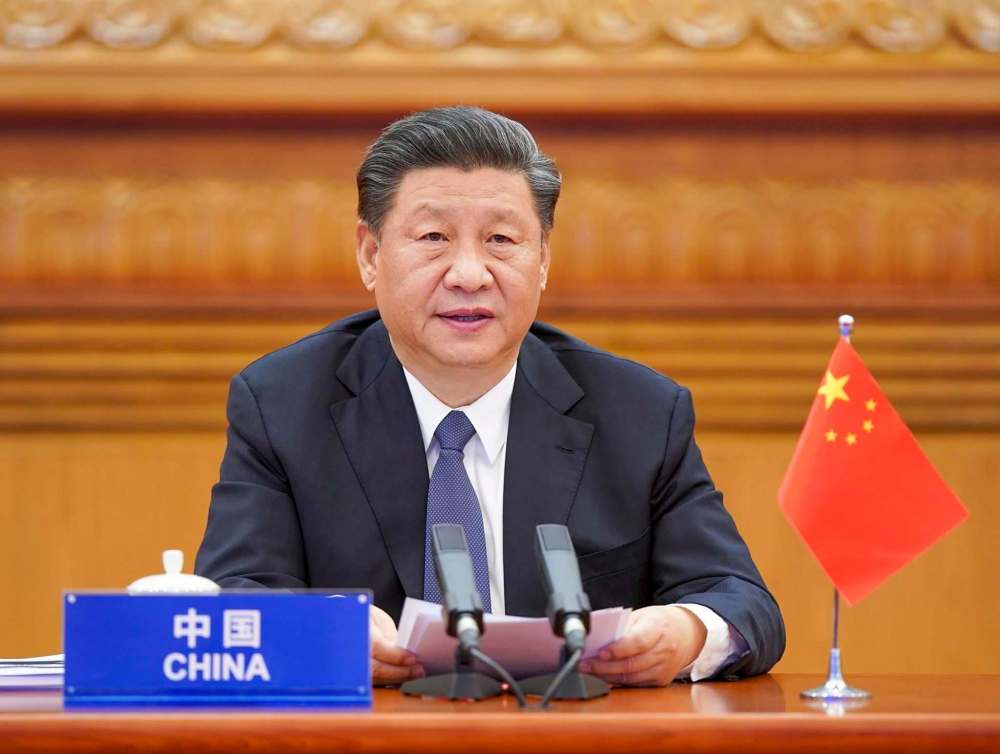Deep concern expressed, but not much more
Read this article for free:
or
Already have an account? Log in here »
To continue reading, please subscribe:
Monthly Digital Subscription
$0 for the first 4 weeks*
- Enjoy unlimited reading on winnipegfreepress.com
- Read the E-Edition, our digital replica newspaper
- Access News Break, our award-winning app
- Play interactive puzzles
*No charge for 4 weeks then price increases to the regular rate of $19.00 plus GST every four weeks. Offer available to new and qualified returning subscribers only. Cancel any time.
Monthly Digital Subscription
$4.75/week*
- Enjoy unlimited reading on winnipegfreepress.com
- Read the E-Edition, our digital replica newspaper
- Access News Break, our award-winning app
- Play interactive puzzles
*Billed as $19 plus GST every four weeks. Cancel any time.
To continue reading, please subscribe:
Add Free Press access to your Brandon Sun subscription for only an additional
$1 for the first 4 weeks*
*Your next subscription payment will increase by $1.00 and you will be charged $16.99 plus GST for four weeks. After four weeks, your payment will increase to $23.99 plus GST every four weeks.
Read unlimited articles for free today:
or
Already have an account? Log in here »
Hey there, time traveller!
This article was published 25/05/2020 (2028 days ago), so information in it may no longer be current.
The foreign ministers of Canada, Australia and the United Kingdom are “deeply concerned” by the Chinese government’s plan to plant a secret police force in Hong Kong and round up democracy advocates. They said as much in a joint statement on Friday.
Not only that: U.S. State Secretary Mike Pompeo issued a statement of his own, strongly urging China to reconsider its disastrous proposal for Hong Kong.
In Beijing, meanwhile, the National People’s Congress continued to study the government’s plan to crack down on street demonstrators who are defending local civil rights. In Hong Kong itself, democracy advocates launched a fresh wave of demonstrations.

China’s Communist government has withheld the mailed fist during a year of vociferous resistance in Hong Kong. Demonstrations against a proposed Hong Kong measure to extradite local criminals to the mainland provoked small demonstrations in March 2019, reaching a crescendo in June and continuing sporadically ever since.
Thirty years ago, the Chinese Communist Party’s fuse was much shorter. Democracy demonstrations that started April 15, 1989, in Beijing’s Tiananmen Square were put down in blood with tanks and infantry beginning on June 4. That brutal action gave the party a bad reputation around the world and among some of its own people. This time around, the party has been more patient, apparently hoping the Hong Kong democracy movement would run out of steam.
A more mature, confident ruling group might negotiate with Hong Kong representatives and find a solution that could serve all parties. China, however, doesn’t work that way.
One can almost imagine the laughter in Beijing when it was announced that Canada was “deeply concerned” and the U.S. was strongly urging reconsideration. The democracies did not lift a finger when Deng Xiaoping rolled the tanks into Tiananmen Square in 1989, and they will do no more this time if Xi Jinping lowers the boom on Hong Kong.
There has been no sign yet that the Hong Kong democracy protesters have aroused public sympathy on the Chinese mainland. Taiwan is cheering them on, but that is only an embarrassment to the masters of Beijing, not a threat to their power.
In principle, Canadians support democratic freedoms in Hong Kong. The full force of Canadian governmental press releases will be deployed in that cause. But Canada has other fish to fry in China.
A more mature, confident ruling group might negotiate with Hong Kong representatives and find a solution that could serve all parties. China, however, doesn’t work that way.
Two innocent Canadians, Michael Kovrig and Michael Spavor, have been in Chinese prisons since Dec. 10, 2018, held as hostages to compel Canada’s release of a Huawei executive who is resisting extradition to the United States to face fraud charges. Canada, meanwhile, fills China’s mills with raw materials and China fills Canadian shops with consumer products.
Canada’s main aims in China are to bring its hostages home and to protect its commercial opportunities. Neither aim is advanced by forceful action in support of Hong Kong civil rights.
The strongest card the Hong Kong movement holds is worldwide sympathy. Beijing is weak only in the sense that it doesn’t want another Tiananmen Square on its record. China imprisons dissidents because it does not know what else to do.
If Canada, with other democracies, could induce the masters of Beijing and the activists in Hong Kong to negotiate with each other, that could be constructive, but that seems a vain hope. Apart from that, deep concern is about all Canada has to offer.






